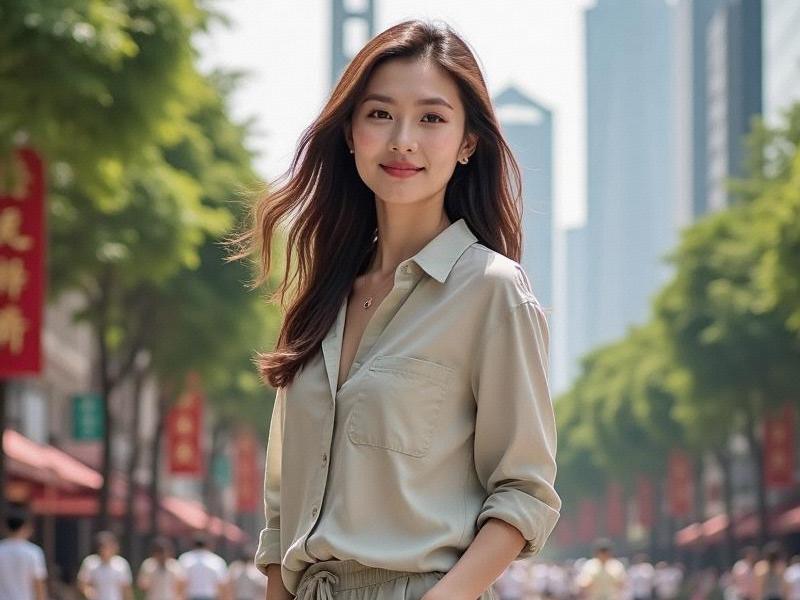
Beyond Qipao: How Shanghai Women Are Redefining Chinese Femininity
1. The Education Revolution
Demographic shifts:
- 68% of postgraduate students are female
- Women lead 43% of tech startups
- Average marriage age now 31.5
Sociologist Dr. Li Wen notes: "The classroom has become the new beauty salon - intellectual capital is today's most prized cosmetic."
2. The Aesthetic Rebellion
Changing beauty standards:
- "Bare face" movement gaining traction
- Rejection of excessive plastic surgery
- Revival of traditional hairstyles with modern twists
爱上海同城对对碰交友论坛 Fashion editor Zhao Min states: "Shanghai women now treat beauty as self-expression rather than social obligation."
3. The Boardroom Revolution
Professional achievements:
- 38% of senior executives are women
- Female-led venture capital firms
- Tech industry mentorship networks
Entrepreneur Lily Chen observes: "Our power suits have replaced cheongsams as the uniform of success."
4. The Cultural Custodians
Heritage preservation:
- Young women leading craft revivals
夜上海419论坛 - Feminist reinterpretations of opera
- Digital archiving of women's histories
Cultural activist Zhang Wei explains: "We're reclaiming our grandmothers' skills on our own terms."
5. The Global-Local Balance
International influences:
- Fusion fashion designers
- Cross-cultural parenting styles
- Bilingual creative collectives
Lifestyle blogger Emma Wang notes: "We code-switch between Confucian values and feminist theory before breakfast."
6. The Wellness Evolution
上海龙凤419会所 Health movements:
- Martial arts studios replacing spas
- Mental health awareness campaigns
- Ancient medicine meets modern science
Yoga instructor Ming Li states: "True beauty begins when Western self-care meets Eastern self-cultivation."
7. The Future of Shanghai Femininity
Emerging trends:
- Intergenerational dialogue platforms
- AI-assisted work-life balance
- Eco-conscious consumption
As Shanghai women continue to rewrite the rules, they demonstrate that modern Chinese femininity isn't about rejecting tradition but reinterpreting it for a globalized world. Their evolving identity represents not Westernization but the emergence of a distinctly Shanghainese model of womanhood.
